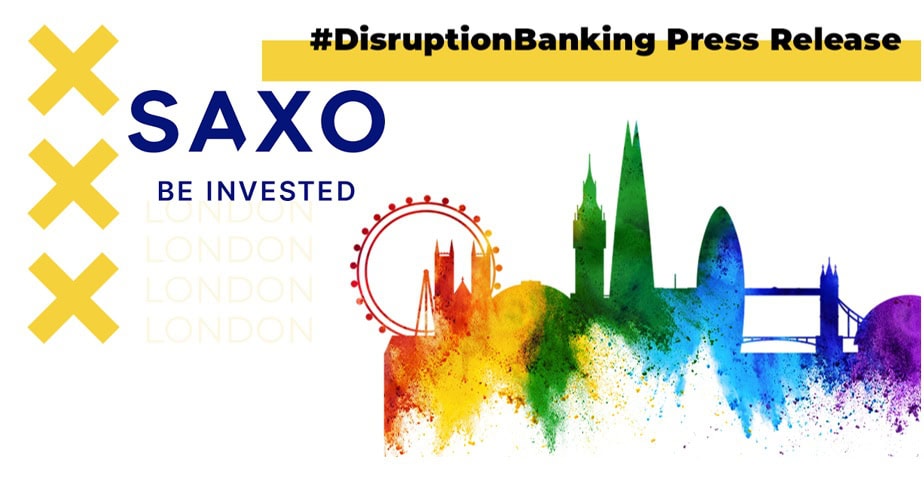London, 23rd May – Industry experts have contested that AI will create more jobs than it destroys as Deutsche Bank analysts Henry Allen and Jim Reid look at long-term unemployment data to investigate the historical response to technology breakthroughs.
They argue that the UK and other Western countries are failing to adopt emerging technologies, which has led to low productivity growth, and that the global economy is in desperate need of the productivity AI can bring.
The experts explain it is no surprise that there is widespread concern about the impact of AI as there have been many opponents to technological innovation throughout history, however, while AI may put some jobs at risk, this piece of technology will complement jobs and changes in unemployment are not affected by technological waves, but instead reflects economic cycles.
The report follows research from Goldman Sachs which suggests that AI would complement as many jobs as it would replace and while it could put 300m jobs at risk, it would also boost GDP by 7 per cent over a decade.
Sjuul van der Leeuw, CEO and Co-Owner of Deployteq comments: “Outside of AI, people are beginning to embrace such emerging tech on a day-to-day basis. This is because it has ultimately been brought in to empower workforces and as it evolves, it should become increasingly higher on the agendas of businesses to educate their staff on how to use it appropriately and most efficiently.”
Sridhar Iyengar, Managing Director for Zoho Europe commented: “The impact AI developments will have is still to be fully seen, but it holds the potential to provide countless opportunities for individuals, businesses and the economy. We have seen scare stories in the media about certain applications of this technology, but if used responsibly with ethics in mind, AI can act as an extremely useful business tool. It allows tasks to be automated, providing more efficiency, and for data to be more quickly and effectively navigated to assist businesses in making strategic decisions, enabling more agility, flexibility and adaptability to help businesses grow in spite of any market disruptors.
Customer experience, increasingly on the priority list for both businesses and consumers, can be revolutionised through offerings such as AI-powered chatbots that allow instant replies to be made for simple enquiries and an automatic hand-off to a human for more complex cases. It can help with fraud detection, language translation, forecasting, sentiment analysis, data cleaning, and much more.
As with any technology evolution or revolution, some jobs may become redundant, but new jobs will also be created which still require the human touch. The overall economic benefits are promising. Its progression and success will rely on the collaboration of businesses and government to educate and promote best practice in industry, in order for others to overcome any negative associations and drive adoption in the right way. Otherwise, those who choose to avoid it could find themselves left behind in today’s highly competitive landscape.”















